| Kamala Harris has proven to be an enormous draw for campaign donors. But the size of a candidate’s war chest influences the outcome much less (https://www.economist.com/united-states/2024/09/26/kamala-harris-is-outspending-donald-trump-will-it-matter?utm_campaign=a.io&utm_medium=audio.podcast.np&utm_source=theintelligence&utm_content=discovery.content.anonymous.tr_shownotes_na-na_article&utm_term=sa.listeners) than it once did. Our correspondent meets asylum-seekers on a Dutch ship, investigating the new hard-right government’s tactics with migrants (https://www.economist.com/europe/2024/10/03/the-netherlands-new-hard-right-government-is-a-mess?utm_campaign=a.io&utm_medium=audio.podcast.np&utm_source=theintelligence&utm_content=discovery.content.anonymous.tr_shownotes_na-na_article&utm_term=sa.listeners) (09:39). And a survey of where the very scrapiest skyscrapers are going up (https://www.economist.com/interactive/culture/2024/09/20/what-supertall-skyscrapers-reveal-about-countries-that-build-them?utm_campaign=a.io&utm_medium=audio.podcast.np&utm_source=theintelligence&utm_content=discovery.content.anonymous.tr_shownotes_na-na_article&utm_term=sa.listeners) (17:42). Get a world of insights by subscribing to Economist Podcasts+ (https://subscribenow.economist.com/podcasts-plus). For more information about how to access Economist Podcasts+, please visit our FAQs page (https://myaccount.economist.com/s/article/What-is-Economist-Podcasts) or watch our video () explaining how to link your account. Hosted on Acast. See acast.com/privacy (https://acast.com/privacy) for more information. |
Tags: Featured,newsletter



























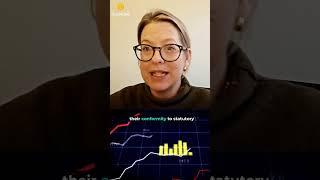


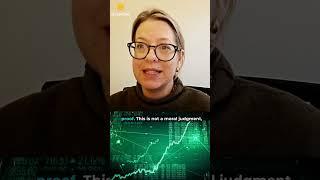



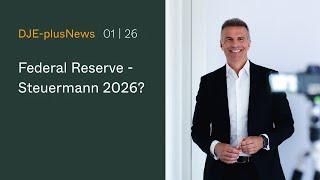


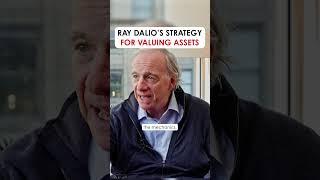

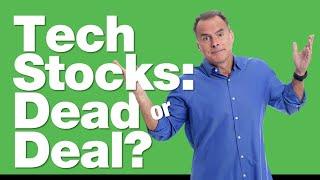


3 pings